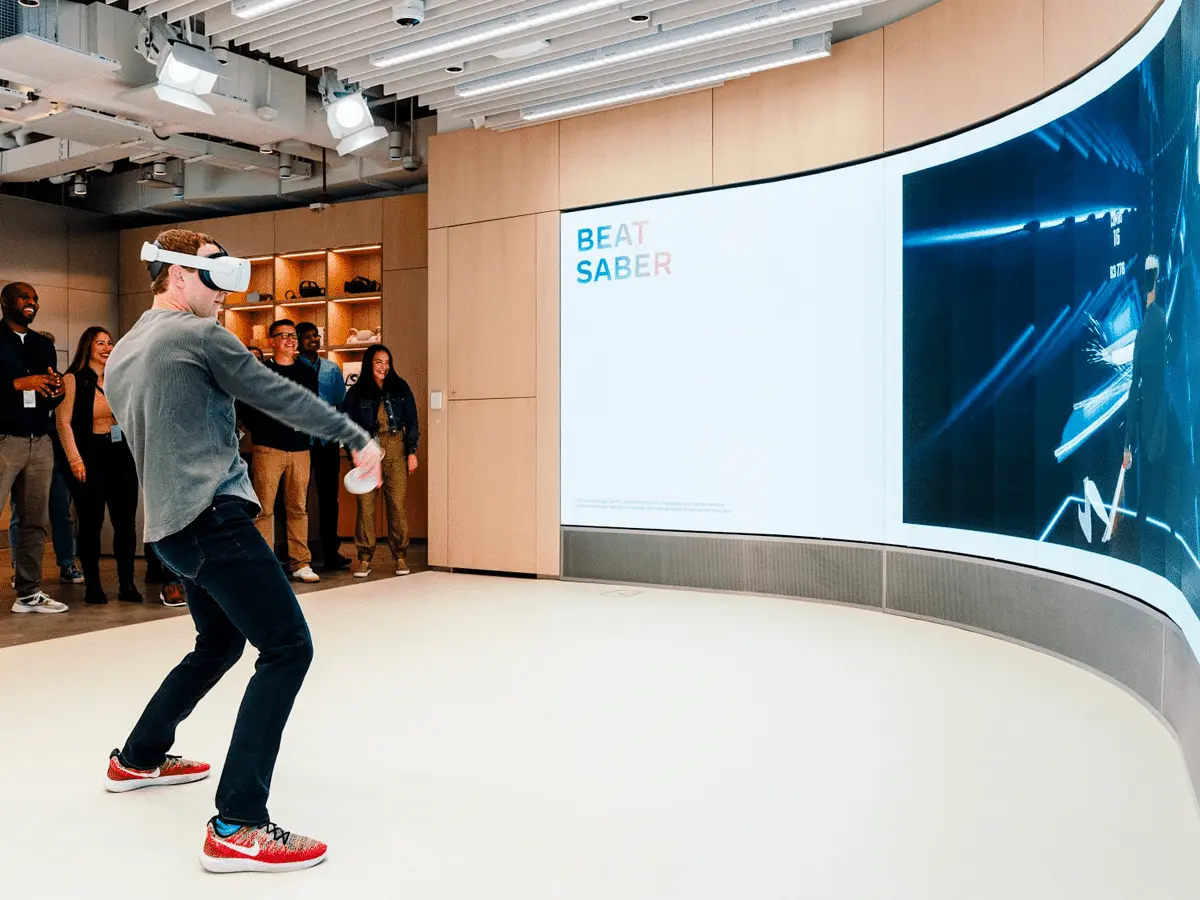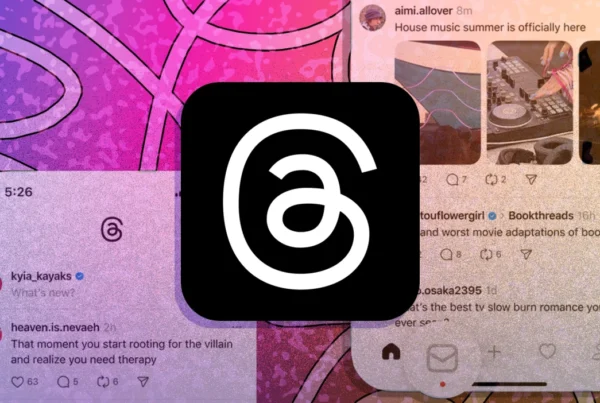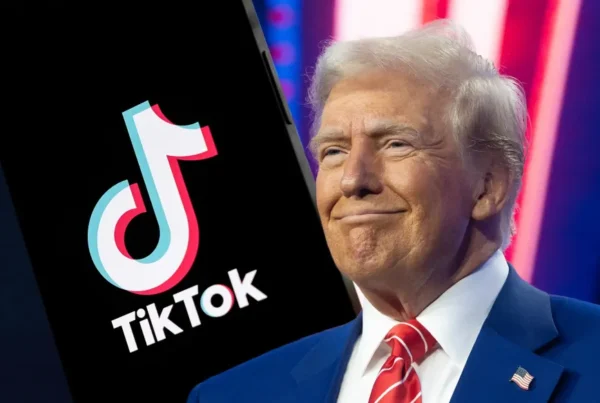
If you’ve ever scrolled through Facebook and thought, “Wow, this feels like a digital high school reunion I didn’t RSVP to,” you’re not alone—and even Meta knows it.
During the first week of Meta’s antitrust trial, some juicy internal emails were made public by the Federal Trade Commission (FTC), and they revealed something pretty surprising: Meta is very aware that Facebook just isn’t hitting like it used to. In fact, it’s been trying to figure out how to make Facebook culturally relevant again since at least 2022. And spoiler alert: it’s still trying in 2025.
The Problem: Facebook Isn’t “It” Anymore
Back in April 2022, top Meta executives—including Mr. Facebook himself, Mark Zuckerberg—were tossing around some bold ideas in emails. The central theme? Facebook, once the life of the digital party, had kind of become the awkward guy in the corner still quoting memes from 2010.
Zuckerberg wrote that while Facebook still had strong engagement (translation: people were still logging in), it was losing cultural relevance. And in the world of social media, that’s like being a pop star with no fans under 30. According to him, even though Instagram and WhatsApp were thriving, the company couldn’t really win the long game if Facebook kept fading into the background.
The Big “Friending” Dilemma
One of the biggest pain points for Zuckerberg? Facebook’s old-school “friending” model.
He pointed out that friending is starting to feel, well, kind of ancient. In a world where TikTok, Instagram, and Twitter/X are all about effortless following, Facebook’s more formal “friend request” setup felt clunky and outdated.
People’s friend lists are often filled with people they barely talk to anymore (high school lab partner, that guy from the 2012 camping trip, etc.), and adding new friends can feel weirdly intense—like asking someone to sign your yearbook in the middle of a party.
Zuck even admitted that when he meets someone new, he doesn’t want to “friend” them—he just wants to follow their stuff and move on. In his words, friending felt “heavyweight” and “out of vogue.” Oof.
The Wild Ideas That Were Floated
Now here’s where things get really interesting. Zuckerberg wasn’t just spitballing minor tweaks. He was ready to shake things up in a major way. Some of his more extreme proposals included:
– Scrapping the friend system entirely and shifting to a follow-based model, just like most modern social platforms.
– Eliminating page likes—another aging Facebook relic—and streamlining how people interact with content.
– Starting fresh (and this is the spicy one): wiping everyone’s friend list and making users rebuild their networks from scratch.
Yep. Zuckerberg seriously floated the idea of a “friend graph reset,” testing it in a smaller country first to see if it would work. Think of it like Facebook declaring social bankruptcy and giving you a clean slate.
Of course, even he admitted that this plan came with big risks. What if people didn’t bother re-friending anyone? What if engagement dropped even lower? But one thing was clear: small fixes weren’t going to cut it.
The Plan Going Forward
Fast-forward to 2025, and Meta still has its sights set on reviving Facebook’s cool factor. In a recent earnings call, Zuckerberg said the company is trying to bring back what he calls “OG Facebook”—but with a modern twist. One of the first steps? A redesigned Friends tab that’s supposed to make connecting feel less like paperwork and more like a vibe.
It’s all part of Meta’s mission to stop Facebook from being your aunt’s favorite app and turn it back into a platform people are excited to open.
TL;DR
Facebook knows it has a vibe problem. Meta’s internal emails reveal that the company has been stressing about it for years, brainstorming everything from scrapping the friend model to hitting the reset button on your entire network. Now, in 2025, they’re rolling out features aimed at making Facebook culturally relevant again.
Will it work? TBD. But one thing’s for sure: Meta is betting big that a little reinvention can bring the magic (and the memes) back to Facebook.

Facebook’s Midlife Crisis: How Meta is Trying to Make Facebook Cool Again




